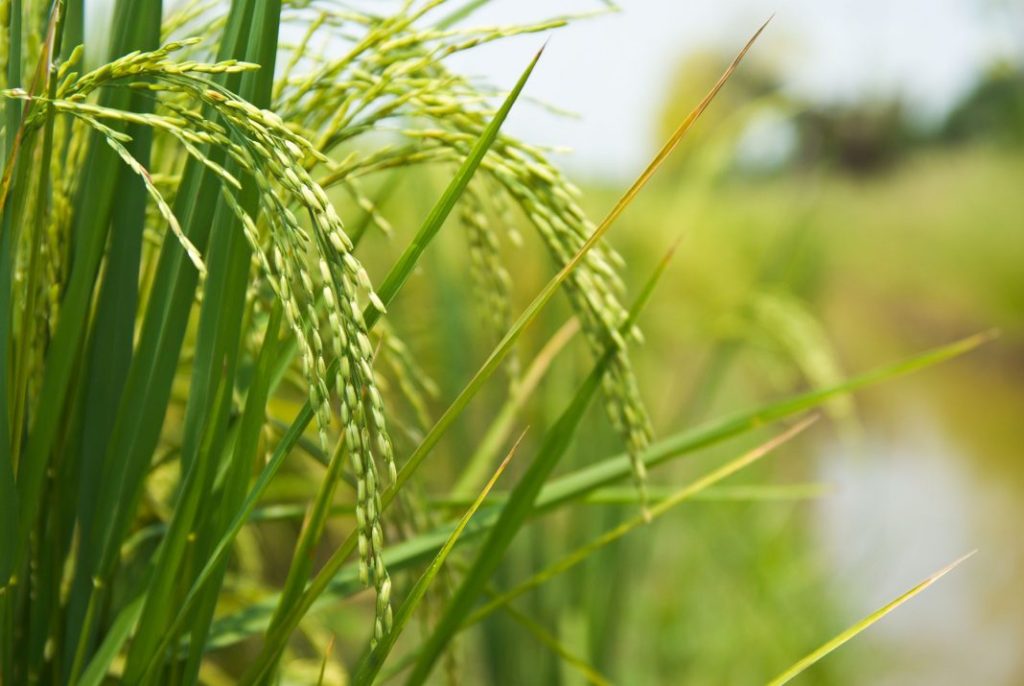Tags
New biopesticide offers promising solution to protect rice crops and improve food security

As global rice production faces growing threats from bacterial leaf blight (BLB), a new biopesticide, Phytalix, developed by Ascribe Bioscience, could provide a safer and more sustainable solution for farmers. BLB, a disease causing significant crop losses, particularly in tropical regions, is currently managed with chemical pesticides, which pose environmental risks and are increasingly ineffective as pathogens develop resistance.
Ascribe Bioscience, a New York-based agricultural tech company, aims to address these challenges with its biopesticide. Phytalix is derived from natural molecules in the soil microbiome, which boosts rice plants’ immune systems and protects against major fungal, bacterial, and viral diseases.
The disease has caused yield losses as high as 74% in affected regions, particularly in India, where the disease has led to up to 80% crop losses. Phytalix has shown promising results in trials, reducing BLB severity by 83% and outperforming traditional chemical treatments by 20%. In regions severely impacted by BLB, rice yields increased by 30%, with an overall yield boost of 13% across various test areas.
The growing reliance on chemical pesticides, particularly in low-income countries, has raised concerns about human health risks, such as cancer, and contributed to rising pesticide use, which has increased by 20% in the last decade. The global market for natural, non-chemical pesticides is expected to reach $631.4 billion by 2030, a significant rise from $226.3 billion in 2021, driven by demand for safer alternatives.
Phytalix’s natural composition makes it a more sustainable and eco-friendly option than chemical pesticides and antibiotics, which some farmers have used to combat BLB, though these practices raise concerns about antibiotic resistance.
Pending regulatory review in Brazil and the U.S., Phytalix has the potential to play a significant role in safeguarding global rice production. As global rice demand is expected to rise by over 11% by 2030, the biopesticide may offer a critical tool for improving food security in key rice-producing regions.
https://www.fdiforum.net/mag/featured/new-biopesticide-offers-promising-solution-to-protect-rice-crops-and-improve-food-security/Published Date: April 14, 2025






